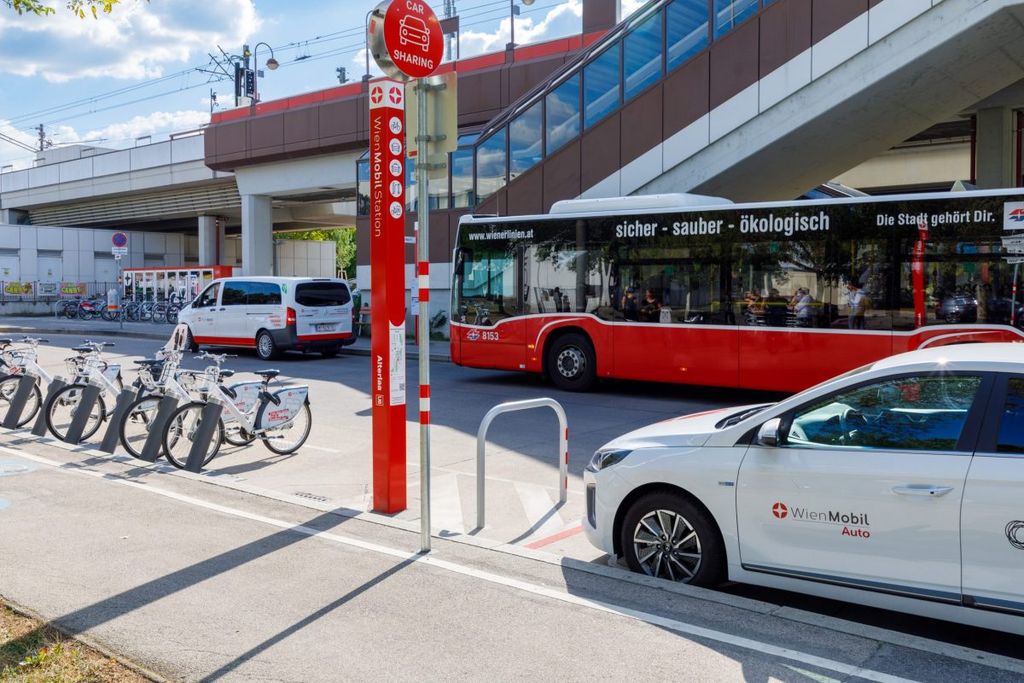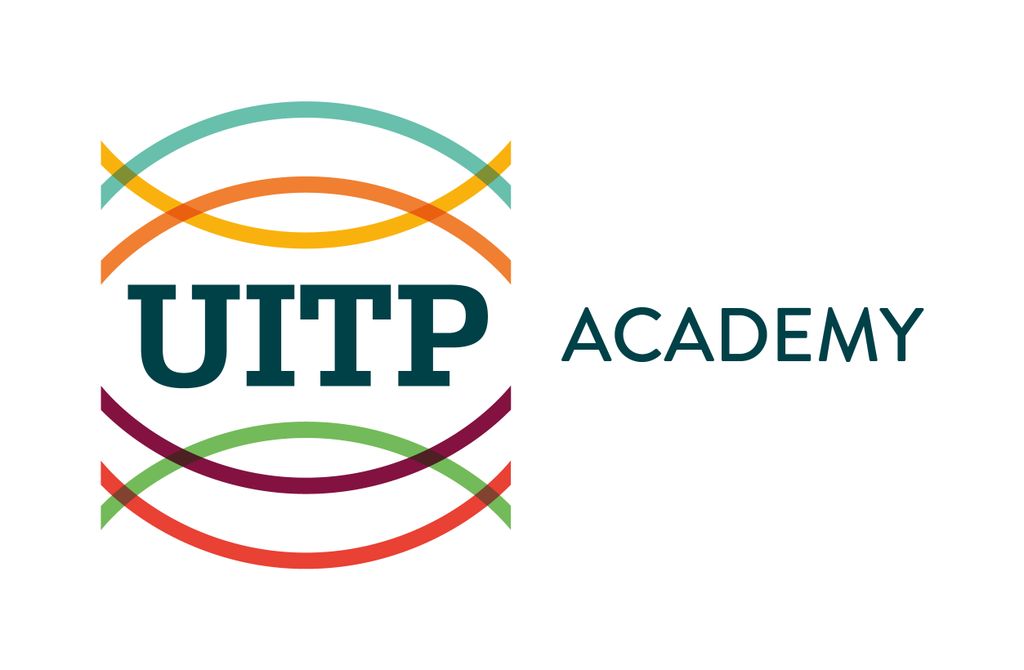
Mobility Hubs and Urban Interchanges
About
A mobility hub provides a focal point in the transport network that seamlessly integrates different modes of transport, multi-modal supportive infrastructure, and placemaking strategies to create activity centres that maximise access to mobility options and other resources as well as first/last mile connectivity. It increases the inherent value of every single transport mode connected to the hub. As a result, sustainable transport services are viewed as attractive options, as an alternative to private car use.
A mobility hub is much more than providing mobility as it can also provide all sorts of facilities such as local doctors, security lockers etc. This is even more relevant for rural areas where longer travelling times and scattered destinations require private cars to access everything for daily life.
In this context, hubs built around communities’ needs can become destinations themselves and reduce challenges to transport services, as well as make it easier for those that need to access public transport and other mobility services. It is not the modalities, but the range and accessibility of facilities that determines the success of a hub. The more activities in a hub the better because it creates a sense of place.
Learning Objectives
- Broaden your knowledge on urban Mobility Hub and intermodal interchanges
- Gain a deeper understanding of the diversity of mobility hubs and how governance plays a crucial part including the roles and competences of various actors, risks and responsibilities sharing between authority and the various operators
- How do the roles of public transport authorities and operators vary between countries and regions?
- Be able to apply, analyse and evaluate the characteristics for quality mobility hubs
- Discuss during case studies the lessons learnt from the various models of mobility hubs: success factors and limitations
A top level methodology
- Participate in interactive plenary sessions which includes an introduction and presentation from the course leaders and the trainer, followed by an open discussion with participants
- Learn from skilful trainers and work with them in interactive workshops
- Share your knowledge and experience with other participants
- Discuss real life examples and lessons learned from different mobility hubs and intermodal interchanges
UITP Training Programmes and all related processes are certified for ISO29990:2010 – the standard for learning services for non-formal education and training.

Who is for?
- Professionals, project managers, engineers eager to develop their understanding of Public Transport services via mobility hubs, interchanges and stations
- The course is adapted to experienced professionals but also to newcomers in the sector and welcomes participants from local transport authorities, public transport operators, the supply industry, and regulatory bodies.
- The course is suitable for participants from companies worldwide
- Professionals interested in obtaining a wider and international perspective on mobility hubs and eager to learn more from international best practice
NB: This course is suitable for those who are fluent or have a high level in English
Inspiring trainers
Our trainers are experienced professionals in the fields of public transport service, mobility hubs, stations, organization and planning.

